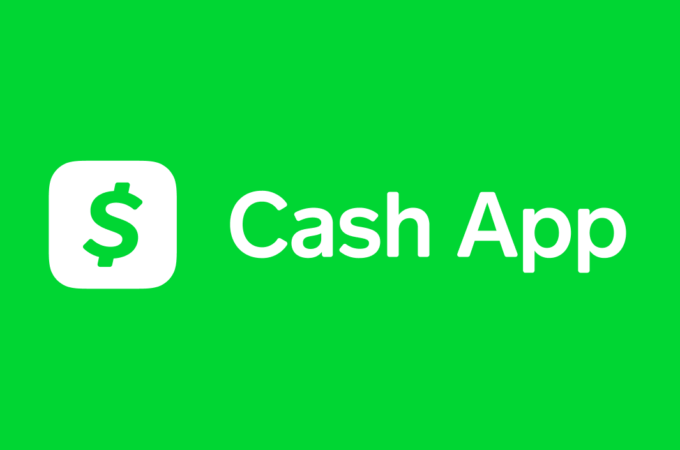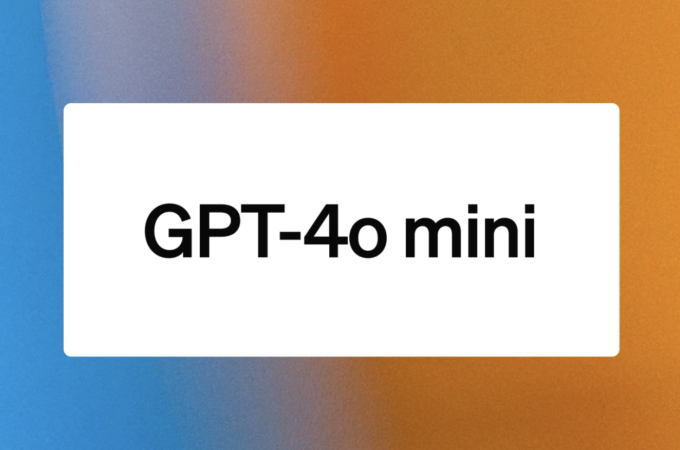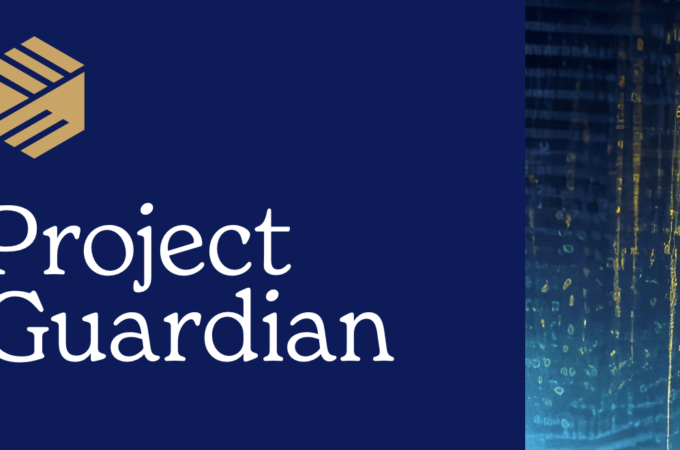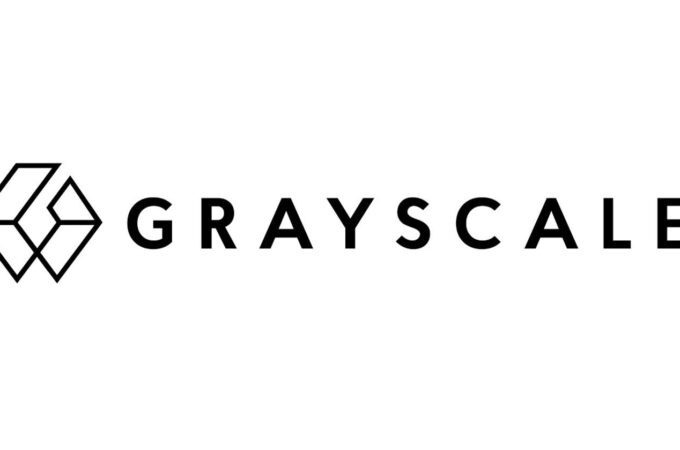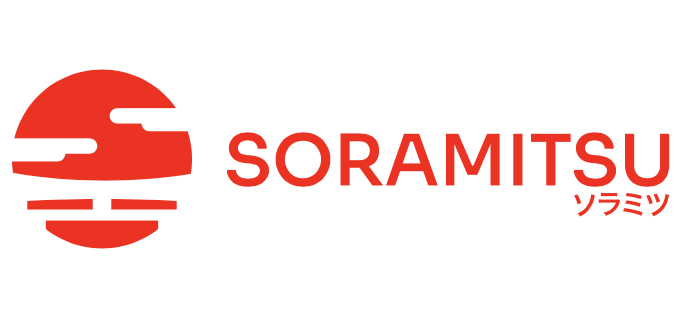
Ethereum-Based Humaniq To Deliver Banking 4.0 to 2 Bln Unbanked
By TheCoinTelegraph
Our London correspondent Nick Ayton caught up with Humaniq founder Alex Fork, who has an ambition to help eliminate poverty by delivering new banking options to emerging markets in Africa, Latin America and parts of Asia so that everyone who needs can get access to financial services.
Using a new reputation concept based on proof of face for identity management, Humaniq has a very different take on next generation banking for the unbanked, with an ambition to help bring communities together to pool their resources and talent and in the end to improve their lives.
ICO in April
With a buzz of recent activity around ICO’s and several successful runs in the past few months by Chronobank, SingularDTV; the Humaniq ICO planned from the sixth to 27 April offers the first shot for investors to get involved in the world’s first humanitarian bank, and is definitely one to look out for.
Humaniq is a next generation bank (4.0) based on Ethereum with open APIs that can plug into services from other companies. Targeting the unbanked population, the World Economic Forum estimates there are two mln people without access to any form of banking services, the vast majority of whom have no formal Identification and many have low literacy. The initial platform will be a simple banking service allowing for biometric authentication, simple account set up and money transfers. Later Humaniq will add P2P lending, loans and insurance services.
I caught up with founder and CEO Alex Fork to get behind the scenes of Humaniq, a project with humanitarian ambitions and goals to connect the unbanked around the world to the global economy.
CT: What was the genesis of the idea behind Humaniq?
Alex Fork: Of the two bln people that could have access to the Internet the majority remain unbanked. The broader challenge is that many don’t have any formal identification that in the west we take for granted. Most of these people don’t have identity cards or passports with the majority hardly able to read and write at all.
World Bank 2016 estimates that 1.5 bln people have no formal identification and there are potentially more than 2.5 bln partially or unbanked with the potential for $4.2 tln is new deposits.
There is a huge potential for Humaniq and that’s why we are targeting Africa, Asia and South America and our efforts will have a real impact on people’s lives and help to eradicate poverty.
CT: Are you talking about banking 4.0?
AF: Yes exactly. I am a big fan of Chris Skinner and Brett King’s books that postulate banking 3.0 which is an open source platform that is also a social networking and messaging platform. With Banking 4.0 is it about creating communities and Blockchain is the perfect architecture for this. As the company name suggests we intend to deliver humanitarian banking and not compete with the current banking system and banks. We’re using biometric, voice and location technologies to replace signatures and conventional identity, making it easy for users sign up using the most reliable thing they have, their face, their voice and very quickly getting them access to our services.
CT: What kind of services will Humaniq be offering?
AF: Instead of offering conventional lending for our initial services, we will focus on simple account operations and currency transfer services. Soon after that, we will introduce peer-to-peer lending and insurance services through a simple user interface allowing users to trade the value they have and build a reputation.
The services are focused on communities with the primary platform being mobile, with social messaging and a model that can deliver a reputational score, all of which encourages users to transact using our financial services platform.
CT: Why didn’t Humaniq use Bitcoin?
AF: The issue is scale and the limited supply of Bitcoin versus the number of unbanked people, we felt supply could quickly become a problem. Many of the Bitcoin exchanges in Africa also charge a premium that would potentially disadvantage new users that may not have much value to trade. The key part is Humaniq will be the first humanitarian bank and we felt that adding millions of new users would also add to the consumption of resources using Bitcoin’s proof of work consensus which is resource hungry and that’s why we came up with the proof of face consensus option and a different token.
Emission Model
“I met up with Vitalik Buterin several times to discuss the concepts of crypto economic systems,” explains Alex. “Humaniq provides an egalitarian emission system mechanism where the amount of coins ‘HMQ’ that one person can mint is limited and that is why Humaniq is different.” “The system has nothing to do with using specialized hardware, burning resources or owning coins at the start, we refer to it as proof of face and we believe it is fair,” says a passionate Alex Fork.
Reaching customers
CT: So how do you reach the new users?
AF: Users are incentivized with tradable tokens that can be exchanged for local currency through mobile cashiers or traded for Ether, Bitcoin or other cryptocurrencies. It is about breaking down the traditional barriers and making it easy. We also have launched a Humaniq Ambassadors program and have already signed up members of the crypto communities to help propagate our services and act as local liaisons to teach new users how to connect and use the Humaniq services
Metcalf’s Law
“Our business model is based on Metcalfe’s Law which states the value of the network grows at a squared rate to the number of users. Making the wallet simple will drive adoption further as biometric authentication is simple and fast, removing the normal barriers to setting up an account,” explains Alex.
CT: When is the ICO planned?
AF: The ICO is planned for April 2017 and this will also encourage distributed and shared ownership. We have reached out to Richard Kastelein at Blockchain Partners, who as a Blockchain evangelist has already steered several companies through a successful Initial Coin Offering, and as the publisher of BlockChain News, he’s been invaluable.
Simple, Visual Centric Services
Humaniq is aimed at economic cooperation of territories and countries with fragile or suppressive political regimes. The mobile device provides an escape to connect with the outside world and Blockchain removes many of the political and technical obstacles where governments might want to suppress the use of services.
Many people who are unbanked may not be well-educated or technically minded and so Humaniq has developed a simple interface to allow these users to get started. This clear bio-identification including voice and device location is the most logical approach to proof-of-face authentication for emerging markets and to reach unbanked communities.
The potential for Humaniq is vast as they address one of the world’s most important challenges. As the first humanitarian bank, they will break new ground and Alex Fork is clearly a very determined entrepreneur with a huge heart.
The ICO is due to start on the sixth of April. For more information see Humaniq website.
First appeared at The CoinTelegraph

